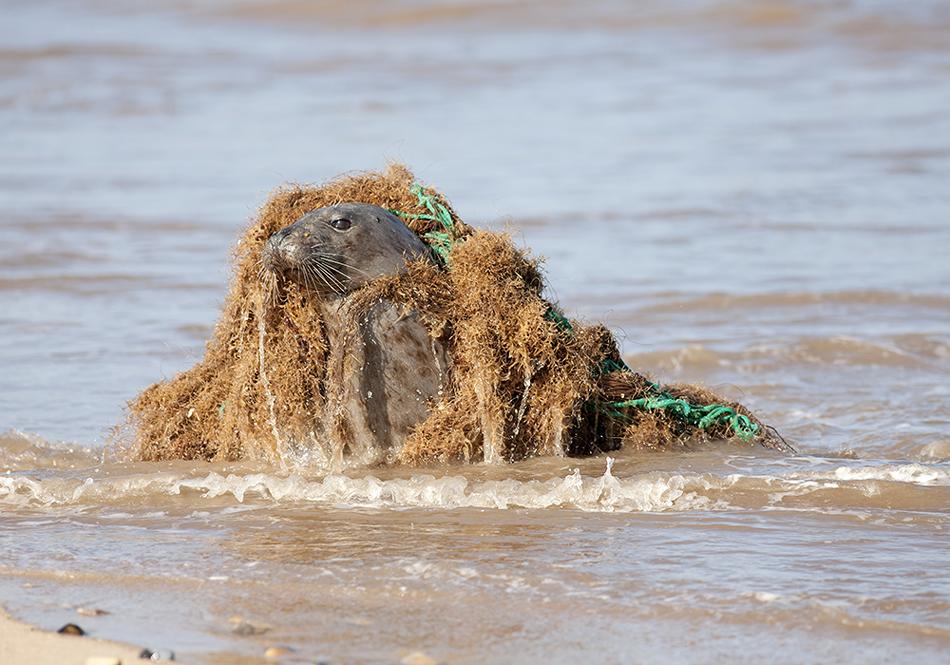
With the number of citizen science projects increasing, Safety and Development Manager Jim Watson considers how to spend summer days by the water safely.
As divers and snorkellers, we naturally want to safeguard the precious waters and marine life we have. After all, we are the people who see what is happening underwater first-hand. Many BSAC members tell us they want to dive or snorkel with a purpose and there are plenty of opportunities to get involved throughout the summer months, ranging from the MCS Beachwatch and underwater cleans, to taking part in the Great Seagrass Survey and Operation Oyster projects.
Family activities at the beach
Increasingly environmental awareness is a pressing concern for the younger generation as it is their future that is at stake. School children are better informed and passionate about such matters than adults and you can harness that enthusiasm and directly help by engaging in a little litter picking. The Marine Conservation Society has provided a beach clean training webinar for BSAC members, plus some guides and resources for setting up and running a beach clean. Useful forms include the template welcome briefing, template landowner notification letter and risk assessment template.
Beachcomber course materials provide detailed guidance on how to conduct these activities safely at the beach and start to build the youngsters interest in the marine environment we find fascinating and is a real opportunity to share your interest.
While beach holidays provide lots of entertainment for children and adults alike, BSAC courses such as Shore Surveyor are a great way to learn more about the coastline including how to plan and conduct a shore survey safely, and provide a foundation for a lifelong interest in the marine environment.
Find out more about beach cleans
Enjoying the water safely
As divers and snorkellers, it is vital that we act now to stem the flow of litter and protect the environment we love to explore. On an underwater litter pick you're aiming to take five pieces of litter away with you for appropriate disposal. This may be a piece of fishing wire you find along the shoreline during your surface interval or a plastic bottle on the seabed. Small positive actions on every dive can make waves of change for the environment.
When entering the water for any purpose it's important some key safety steps are taken including:
- Getting appropriate training
- Wearing protective clothing
- Wearing the correct buoyancy device
This reflects the same advice for diving and snorkelling.
Snorkelling and diving
The marine environment holds a fascination for many young people and this is accentuated when they are aware of other family members who enjoy the activity. Taking part in conservation projects can a great way for families to enjoy the ocean together, so it's important to consider how to keep everyone safe.
Age limits for learning to snorkel are subject to having equipment to fit and, for the UK, a wetsuit should be considered essential for open water snorkelling. Adults should also remain aware that children will lose heat from their bodies much faster than adults and their exposure should be carefully managed.
Diver training within BSAC can start from the age of 12 (10 for Discovery Diver) and whilst initial training is in a swimming pool training with a BSAC Centre can allow for fairly quick progression. Being able to share the training experience with a family member is even better!
Stay safe
The key messages already promoted remain valid for everyone and we would remind all divers to ensure:
- You and your equipment are fit and ready
- Practice/refresh your skills in controlled conditions
- Start slowly and build up progressively
Stay safe – dive safe
Jim Watson
Safety and Development Manager





